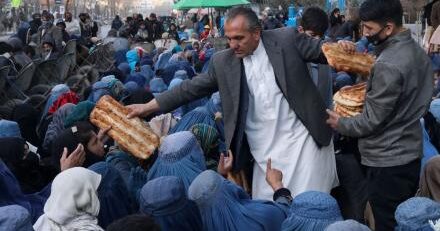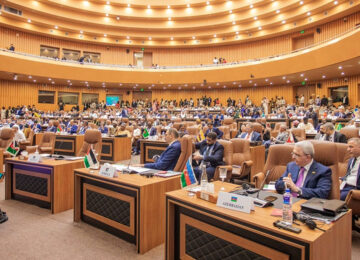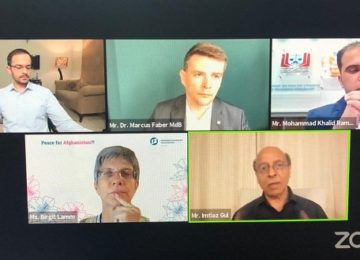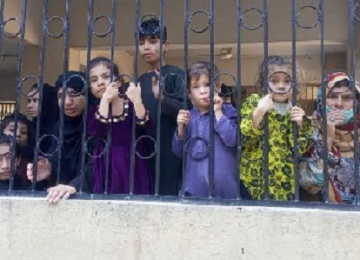9 in 10 households cannot meet their food needs, with those headed by women particularly vulnerable, according to the latest WFP assessment.
The European Union (EU) donated €50 Million in aid for the World Food Program in Afghanistan, the WFP said in a statement, adding that it would help (WFP) to reach Afghan communities with livelihoods and resilience support.
The WFP said that due to unprecedented economic hardship and environmental disasters like earthquakes and flooding, the Afghans are less prepared than ever to weather another harsh winter.
9 in 10 households cannot meet their food needs, with those headed by women particularly vulnerable, according to the latest WFP assessment.
“The World Food Program (WFP) in Afghanistan has received €50 million to provide livelihood and resilience support for the people,” said Wahidullah Amani, a spokesman for the WFP.
“This is a time of urgent need for Afghanistan. The people are reeling from the effects of four decades of conflict, climate hazards, COVID-19 and the socioeconomic crisis that have deprived people of their jobs and livelihoods across the country in the past year,” Raffaella Iodice, EU Chargée d’affaires to Afghanistan was quoted in the statement. “People who previously were able to put food on the table are now struggling and turning to humanitarian agencies to help steady them in this new reality. We are committed to helping the Afghan population, especially the most vulnerable. Our investment in WFP’s resilience programming is an investment that will have long-lasting, positive effects for local communities.”
The residents of Kabul said that the aid should be distributed to those who deserve it.
“This aid must be provided to poor people; not for those who have luxury cars. Those with houses receive the aid but not the poor,” said Sayed Isa, a resident of Kabul.
“I have passed three winters with cold hardship. This is the fourth winter that I have no food and nothing to wear,” said Shazia, a resident of Kabul.
This comes as the International Rescue Committee (IRC) voiced concerns over the humanitarian crisis around the world including hunger, climate change and displacement.
There is “the threat of real famine in Somalia, in parts of Ethiopia, Kenya, maybe even Yemen and Afghanistan”, David Miliband, President and CEO of the International Rescue Committee told The National news agency in an interview.
Source: TOLO News
Dated: November 10, 2022








